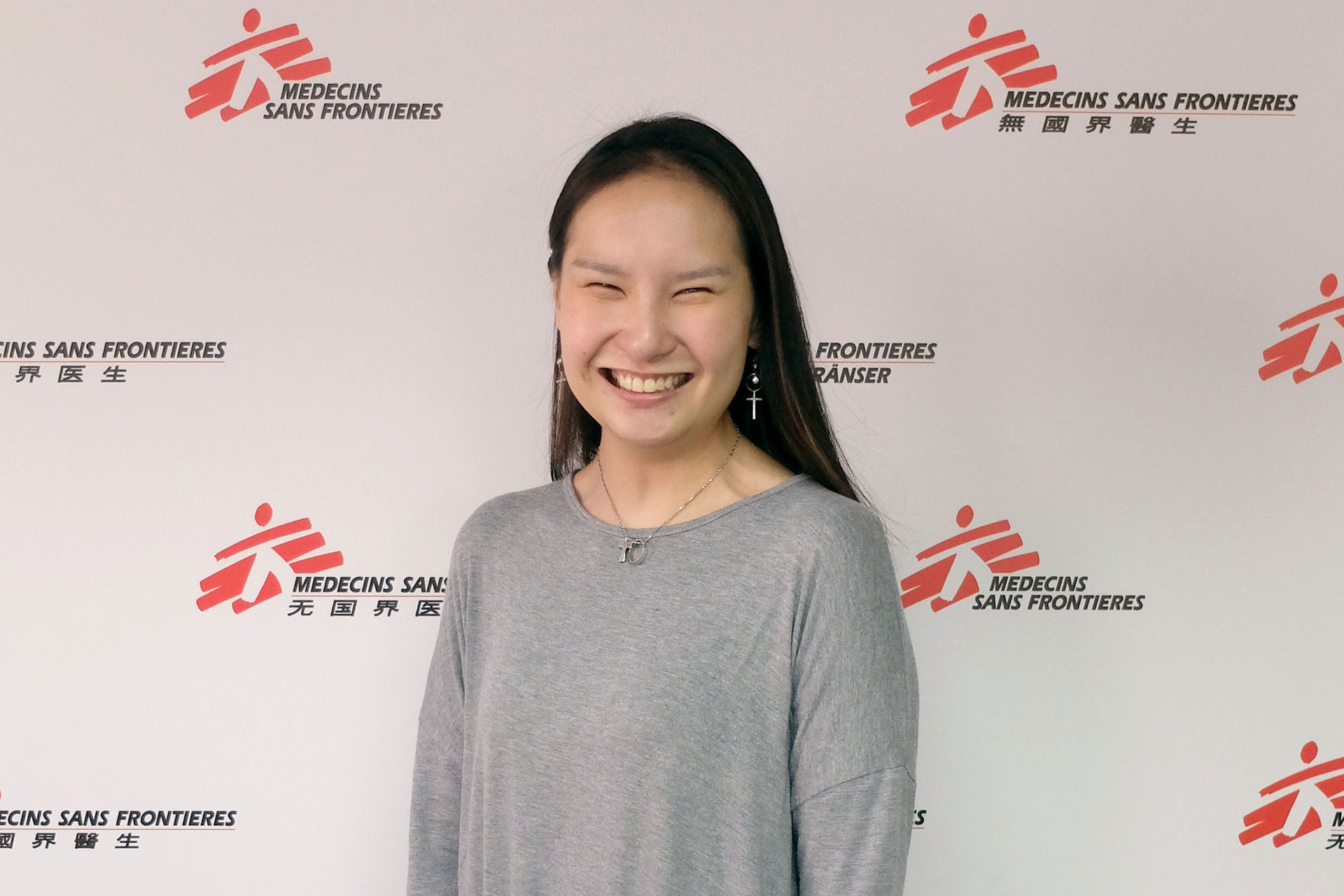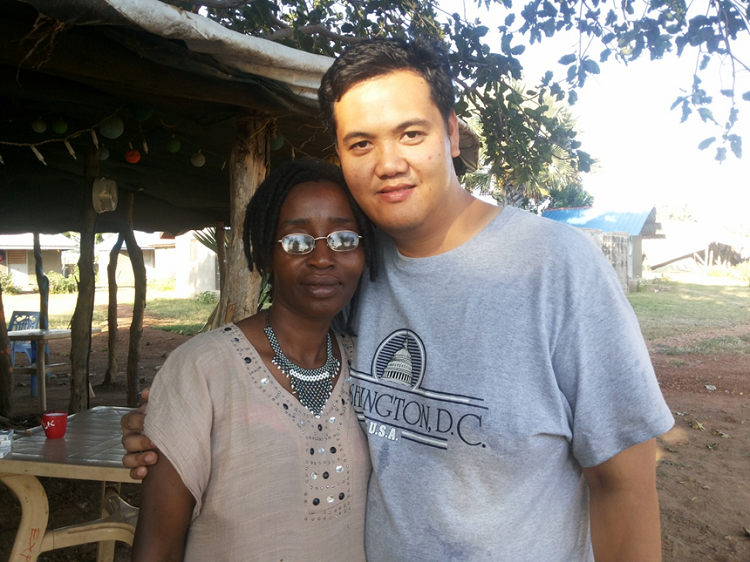I knew it.
Patients started to pour in today, the third day of Eid. I was desperately trying to maintain a smile on my face while running around and getting back into the flow of the typical busy Khost day. It is pointless to bore everyone with ‘mundane’ medical details of each patient, except to say that a lot of the patients we received were difficult cases and by night shift I have filled up the entire in-patient department with “complications” again.
One of the main objectives of this project is to supervise and train the national staff, mainly doctors on my part. I had a relatively new local medical doctor/Gynecologist on duty with me this morning – when I was here a few months ago she had just started to learn how to perform a Caesarean section.
Back at home as a novice, we started with the most simple, elective operations – patients were not in labor, they were stable and there was plenty of time; we then graduated to emergency operations and finally to complicated patients after a few years. In Afghanistan, as with all developing countries and MSF projects, C-sections are usually reserved as a life-saving procedure or as a last resort when the patient cannot have a normal delivery. By home standards, more than 90% of the C-sections here are “difficult” cases that I would never dream of doing in my first year of training.
The learning curve is steep here and I was anxious to see how she had improved in these few months. We had a C-section this morning for a bleeding placenta previa (low lying placenta) and I asked her if she was comfortable performing the operation with a midwife. She nodded and while she was scrubbing up I drilled her on how she planned her operation, how she intended on delivering the baby, what would she do if the patient started to bleed.
The Anesthetist gave her the okay and I stood at the end of the operating table with a good view of the patient. My hands were clasped behind my back as she made the incision. As the minutes passed, she proceeded, slowly but surely and I tried my best to resist interrupting as she cut into the fat and the layers of the abdomen before finally reaching the uterus.
“Here?” she asked, pointing to the incision for the uterus. I nodded and gave her the go-ahead. I held my breath as she made the cut – it is difficult to be a bystander. The engorged vessels started to pour out blood and she hesitated for a split second. “Keep going! Keep going!”, I urged. She finally reached the placenta and in one swift move delivered the placenta with the pink baby following shortly after. I reminded her to repair the uterus as quickly as possible to stop the bleeding and to make sure the uterus was contracting properly. I sneaked a peek at the mother and the baby; both were doing just fine. As she was finishing I got called to attend to another patient outside and left her to complete the operation.
Before the end of the shift she performed another C-section – this was less difficult and I left her operate alone while I dealt with other complicated patients in the labor ward and delivery. We sat down to review the details afterwards: what she did well, where could she improve and what could she do if difficulties occurred.
The Chinese have a saying, 「醫者父母心」 which translated roughly into “doctors should have the heart of parents”. Although this phrase usually depicts the ideal relationship between doctors and patients, maybe it could also describe the apprenticeship nature of the medical profession.
I vividly recall the times when I was in her shoes, when my seniors were observing my operations and trying their best not to butt in. I remember the feeling of joy on completion of the surgery and the nervousness when we debriefed, critical of operative details and what could have done been better.
Perhaps this is the same feeling of a mother watching her toddler take the first steps alone. The anxiety of letting go of the little hand, knowing the child will stumble and fall but one day will learn to walk independently.
“Good job”, I said. She smiled in relief.



